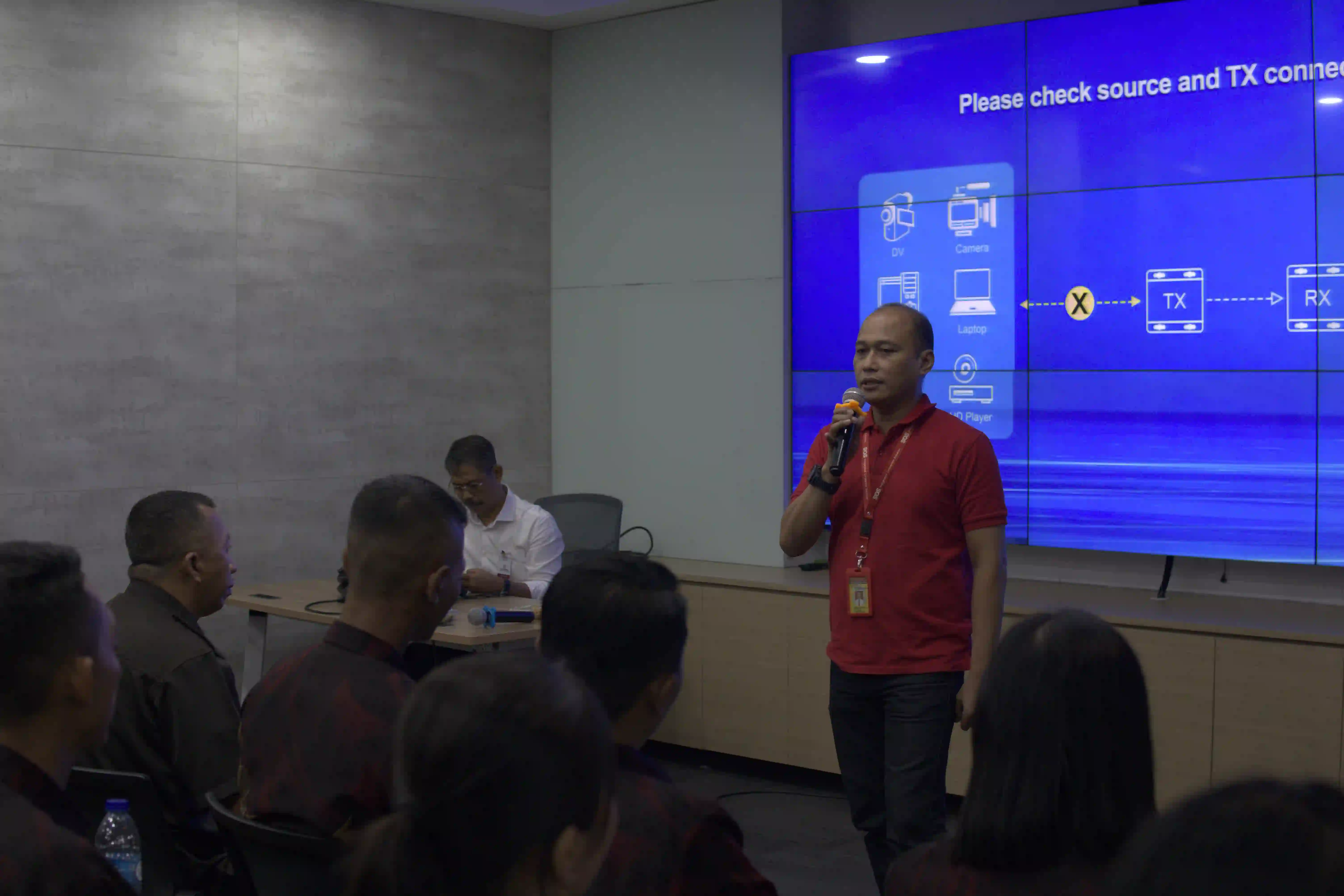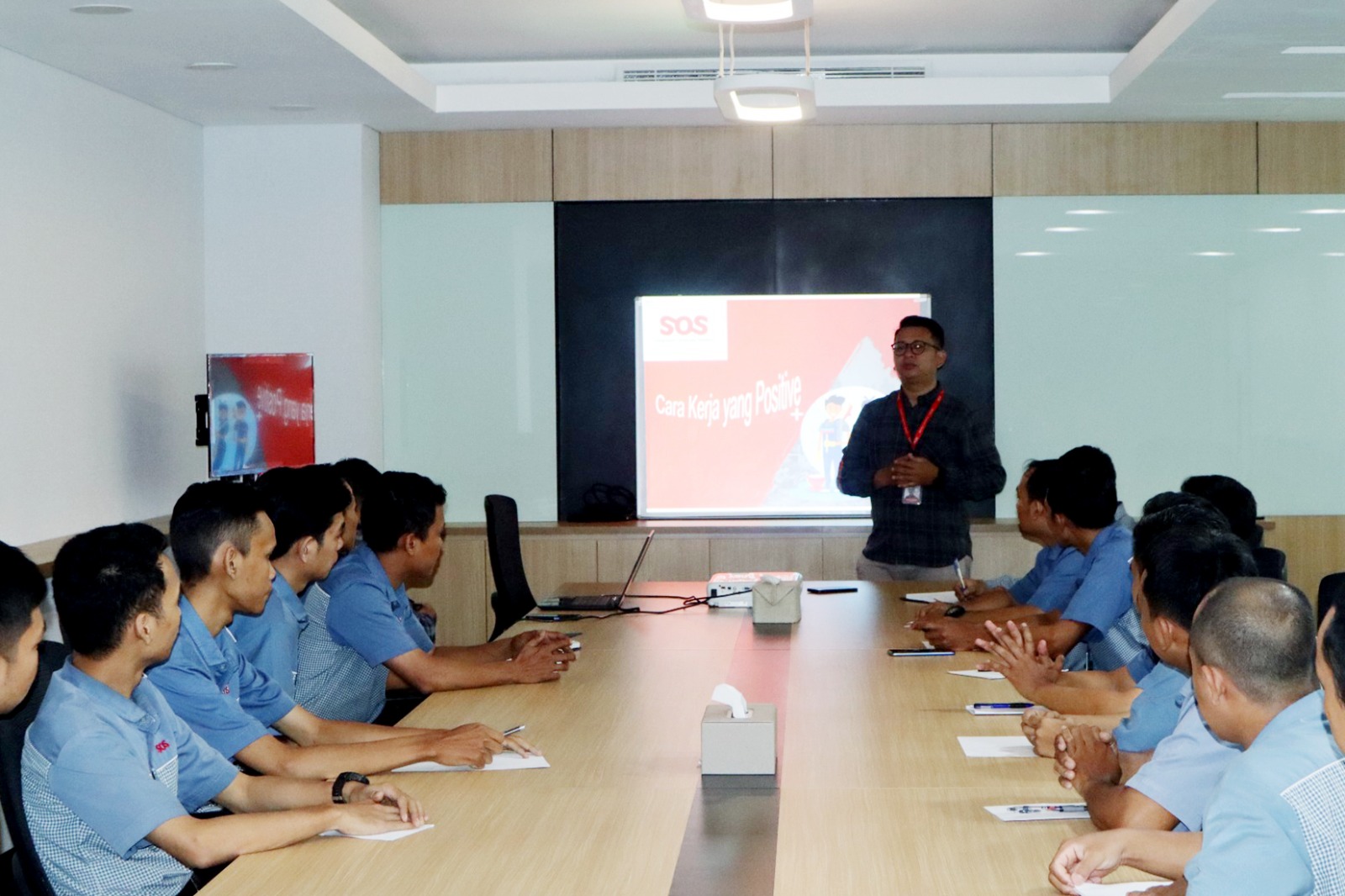5 Differences Between Outsourcing and Offshoring in Business

Team Shield On Service
Editorial
26 March 2025

In the modern business world, companies are constantly looking for ways to increase efficiency and reduce operational costs. Two strategies commonly used are outsourcing and offshoring. Although they sound similar, these concepts have fundamental differences that must be understood to choose the most suitable strategy for the company's needs.This article will discuss the differences between outsourcing and offshoring in depth and the factors that need to be considered in their implementation. Check it out below!
5 Differences Between Outsourcing and Offshoring in Business
Both outsourcing and offshoring aim to increase business efficiency, but they have different characteristics. Here are the differences between outsourcing and offshoring:
1. Definition
Outsourcing is a business practice where a company delegates part of its work or services to a third party that is more competent or has lower operational costs. This third party can be located domestically or internationally.
Offshoring, on the other hand, is a business strategy where a company relocates part or all of its operations to another country to reduce labor costs or gain access to cheaper resources. In offshoring, the company still has full control over the operations.
2. Purpose
The primary purpose of outsourcing is to delegate specific tasks or business functions to another company that has better expertise and can complete the work more efficiently. This allows the company to focus on its core competencies.
In contrast, offshoring aims to reduce production and operational costs by moving business activities to countries with lower labor costs. Additionally, offshoring is often done to gain access to new markets or specialized skilled labor.
Read Also : 3 Outsourcing Work Systems and How to Manage Them
3. Control and Ownership
In outsourcing, the company hands over control of specific tasks or services to a third party. Although the company can still set agreements and service standards, it does not have full control over the operations carried out by the outsourcing provider..
Meanwhile, in offshoring, the company retains full control over its operations because it is merely relocating the operational location without involving a third party. This means the company remains responsible for management, policies, and the quality of work conducted at the new location.
4. Location
Outsourcing can be conducted domestically (Domestic Outsourcing) or internationally (Offshore Outsourcing). If a company uses local vendors, it is called domestic outsourcing. If the company collaborates with vendors from another country, it is called offshore outsourcing.
In contrast, offshoring always involves moving business operations to another country, either through subsidiaries or fully-owned production facilities.
5. Types of Services
In outsourcing, the commonly outsourced services include IT services, customer support, human resources, digital marketing, and the production of specific goods.
In offshoring, the relocated tasks typically include manufacturing, software development, customer service centers, and back-office operations such as accounting and administration.
Read Also : 7 Benefits of Outsourcing for Businesses
Things to Consider When Implementing Offshoring and Outsourcing
Although both outsourcing and offshoring offer various benefits, there are important factors to consider before implementing them to ensure smooth business operations. Here are some essential considerations:
1. Choosing the Right Outsourcing or Offshoring Provider
Selecting an outsourcing partner or offshoring location must be done carefully. Companies should consider the reputation, experience, and service quality offered by the outsourcing provider. In the case of offshoring, it is also important to consider the political, economic, and regulatory conditions of the destination country.
2. Determining the Scope and Scale of Work
Companies must clearly determine which tasks or business functions will be outsourced or relocated abroad. This is important to ensure that the decision does not interfere with the company's core operations.
3. Cost and Efficiency Analysis
Although the primary goal of outsourcing and offshoring is cost savings, companies must conduct a thorough cost analysis. This includes labor costs, infrastructure expenses, and hidden costs such as taxes and legal fees in the destination country.
Read Also : Enhancing Outsourcing Services with Yukiyasu Aoyama's Visit to PT Shield On Service Tbk (SOS)
4. Data Security and Legal Compliance
Companies engaging in outsourcing or offshoring must ensure that sensitive data and customer information remain secure. They must also comply with local and international regulations regarding data protection and applicable industry standards.
5. Risk Management and Quality Assurance
Both outsourcing and offshoring come with their own risks, such as cultural differences, time zone discrepancies, and communication challenges. Therefore, it is crucial to have an effective risk management strategy to maintain service quality and achieve business targets.
The Best Workforce Solutions for More Efficient Business!
Outsourcing and offshoring are strategies that can help companies optimize costs and operational efficiency. Outsourcing involves third parties handling specific tasks, while offshoring relocates operations to another country while maintaining company control. To ensure success, businesses need to choose the right partner, secure data, and implement effective risk management.
If your company needs efficient and high-quality workforce solutions, SOS is here to help. As an outsourcing company, SOS provides standardized professional workforce solutions, enabling your business to focus on core activities without compromising productivity.
Why Choose SOS?
-
Professionally Standardized Team
Every workforce we provide has gone through a rigorous selection process and possesses skills that meet industry standards.
-
High Operational Capability
Our optimized operational system ensures every process runs efficiently and smoothly.
-
Extensive and Integrated Network
With wide-ranging service coverage, we can support your business in various sectors and locations.
-
Credibility and Trusted Reputation
Our long-standing reputation makes us a reliable partner for professional workforce provision.
Increase your business efficiency with high-quality workforce solutions from SOS. Contact us now to get the best workforce solutions!



